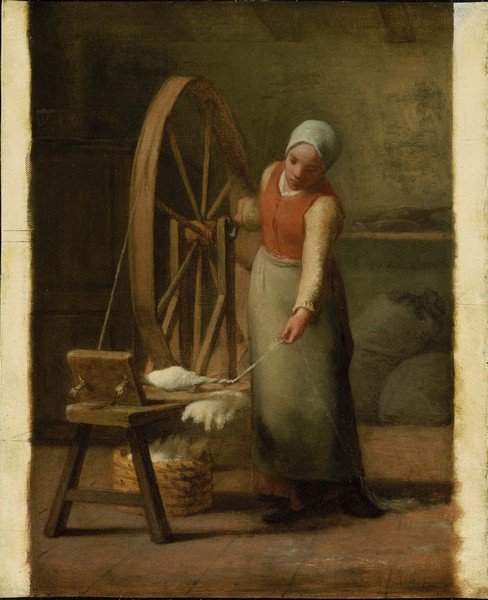
We're already in the middle of summer, which means it's time to take a break or, at the very least, slow down. Regular readers know that Liederabend doesn't make holidays, but I try to make lighter posts during the summer months. As usual, August will be devoted to the Schubert, and I have been considering what I could do in July.
I've been toying with the idea of dedicating a space to different songs based on the same poem; I do this from time to time, for the same or different posts. For instance, a few weeks ago, we heard the Canticel by Josep Carner musicalized by Antoni Massana, Ricard Lamote de Grignon, Joaquín Rodrigo and Narcís Bonet, versions which were added to that of Eduard Toldrà that we had heard before. As I mentioned in that article, I am not yet sure how to implement my idea, but, while the inspiration arrives, we could spend the four weeks of July listening to one more song from a poem that I already presented to you. So, this series of short posts begins, "The same poem, one more song."
The poem chosen to start begins with the verse “Meine Ruh' ist hin”. I'm sure many of you are humming the next verse, “mein Herz ist schwer”, from Franz Schubert's song, Gretchen am Spinnrade. We also heard in the same article the version of Carl Friedrich Zelter, Margarethe, and this week we're listening to a very different version: that of Giuseppe Verdi.
It was in 1838, and the young and unknown Giuseppe, who was then twenty-five, was trying to make a name for himself. He had not yet premiered any operas; the first one, Oberto, conte di San Bonifacio, would not be premiered until the nex year. And, funny enough, Verdi caught the attention of the audiences in Milan with a collection of songs, Sei romance, he who only wrote about thirty of them throughout his career. Among those songs, the fifth and sixth were written upon texts from Goethe's Faust. The Italian version was by a gentleman named Luigi Balestra, of whom I only know he was a doctor and was from Busseto, like Verdi; in addition to these two songs, the composer would set two other poems by Balestra to music.
The fifth song was Perduta ho la pace, that's to say, Meine Ruh' ist hin in the original German version. As it was usual at the time, in this romance di camera the piano was a secondary element, and the aim was to allow the singer to show her talent. Verdi focused on the young woman's suffering, illuminated at times by memories, and we hear no trace of Margaret's spinning work. In fact, the spinning is not mentioned in the song, either in Italian or German, but thanks to Schubert and the accompaniment he wrote for the poem, we all have it's all present in our collective musical imagination.
Pilar Lorengar and Hertha Klust are performing Perduta ho la pace. And that's how we listen on Liederabend for the first time to a composer who wrote approximately as many operas as songs, Giuseppe Verdi.
Perduta ho la pace,
ho in cor mille guai;
Ah, no, più non spero
trovarla più mai.
M'è buio di tomba
ov'egli non è;
Senz'esso un deserto
è il mondo per me.
Mio povero capo
confuso travolto;
Oh misera, il senno,
il senno m'è tolto!
Perduta ho la pace,
ho in cor mille guai;
Ah, no, più non spero
trovarla più mai.
S'io sto al finestrello,
ho gl'occhi a lui solo;
S'io sfuggo di casa,
sol dietro a lui volo.
Oh, il bel portamento;
oh, il vago suo viso!
Qual forza è nei sguardi,
che dolce sorriso!
E son le parole
un magico rio;
Qual stringer di mano,
qual bacio, mio Dio!
Perduta ho la pace,
ho in cor mille guai;
Ah, no, più non spero
trovarla più mai.
Anela congiungersi
al suo il mio petto;
Potessi abbracciarlo,
tenerlo a me stretto!
Baciarlo potessi,
far pago il desir!
Baciarlo! e potessi
baciata morir.
Please follow this link if you need an English translation















Comments powered by CComment